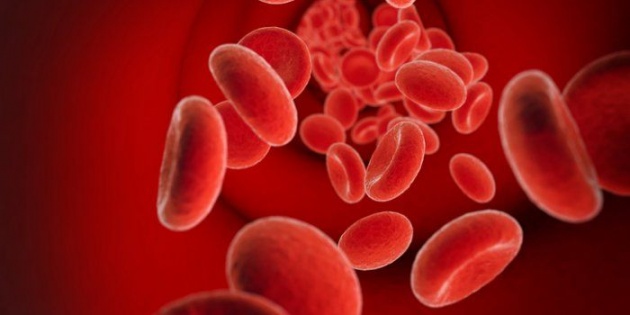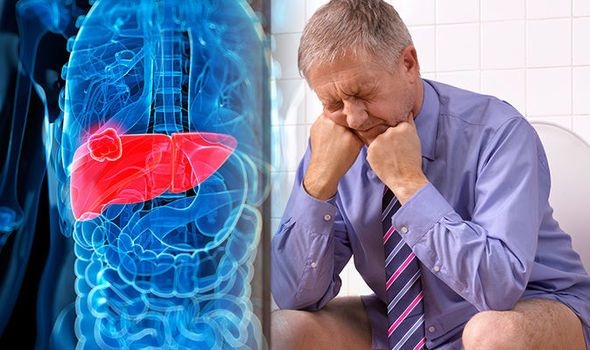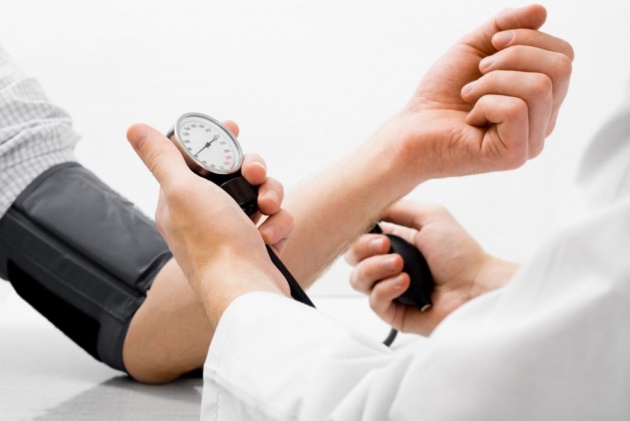
Image Credit: highnesser via Pixabay / Edited with Photoshop
Green tea is generally considered a safe drink for adults. It is well-known for its health benefits, after all--especially matcha tea. However, there are still some possible side-effects to consider. Most of this side-effects are only experienced when you drink too much green tea. Moderate consumption is the key to a healthier you without experiencing most of the side-effects of green tea. However, if you have sensitivities to any of its ingredients, such as caffeine, should avoid this beverage as much as possible. So what are the side-effects of drinking too much green tea?
Headache

Image Credit: geralt via Pixabay
It's no secret that green tea contains caffeine, so people with caffeine sensitivity may experience various possible side effect--one of which is headache. If you suffer from migraines, you can still consume green tea, but in moderation. If you experience daily headaches but really love green tea, try reducing your intake to at least once every other day.
Upset Stomach

Image Credit: https://www.verywellhealth.com/
Green tea contains an organic substance called tannin which consists of derivatives of gallic acid. This can also increase the amount of acid in the stomach which can lead to digestive issues such as acid reflux, constipation, and nausea. This side effect is exacerbated by brewing the tea in water that is too hot. Water temperature between 160 and 180 F should be enough for brewing your tea.
Green tea also contains caffeine which stimulates the colon muscles to contract and release more frequently thereby producing a laxative-like effect. That's why excessive intake of green tea can cause diarrhea.
To avoid getting an upset stomach, only consume green tea after a meal. Do not drink green tea on an empty stomach. Furthermore, avoid green tea if you suffer from irritable bowel syndrome, acid reflux disease, or stomach ulcer to avoid aggravating your condition.
Iron Deficiency and Anemia
Antioxidants are generally good for the health but some of them can actually interfere with the body's ability to absorb iron. This effect is particularly dangerous for people who have anemia or other iron deficiency diseases. However, that does not mean you can't drink tea anymore.
To counteract this side-effect, you can add lemon to your tea as vitamin C encourages iron absorption.
However, it would still be wise to just avoid green tea, especially if you have severe anemia.
Sleeping Problems

Image Credit: http://www.springair.com/
Green tea contains two chemical compounds (caffeine and L-theanine) that can disrupt your ability to sleep at night. These compounds prevent the release of hormones that aid in sleep such as melatonin. Although green tea only has small amounts of caffeine, it can still interfere with a good night sleep so drinking it before bedtime is not recommended. L-theanine, on the other hand, helps induce calm. However, it also increases focus and alertness. This is why you should avoid drinking green tea 5 hours before going to bed to avoid sleepless nights.
Convulsions and Dizziness

Image Credit: https://www.medicalnewstoday.com/
The effects of caffeine aren't just limited to keeping you alert, it can also decrease the blood flow to your brain and central nervous system--which may result in motion sickness causing you to feel lightheaded and dizzy, especially when consumed in large amounts. In some rare cases, excessive consumption of green tea may also lead to episodes of convulsions and confusion. Additionally, if you suffer from tinnitus, you may want to avoid green tea as it can aggravate your condition. As always, drink green tea in moderation and avoid it if you have caffeine sensitivity.
Vomiting

Image Credit: https://www.holisticperspective.co.za/
Green tea is generally good for you. However, excess intake of this can lead to vomiting and nausea. This is why it's not advisable to drink more than 4 cups a day even if you are a seasoned tea drinker. For new tea drinkers, you should only consume only 1 to 2 cups a day. Monitor your experience. If you do not experience any side effect then you may increase your intake--but remember, not more than 4 cups per day.
May Trigger Bleeding Disorders

Image Credit: https://hemaware.org/
Fibrinogen is a protein that helps clots bloods. Some compounds in green tea decrease levels of this protein in the body. Additionally, green tea hinders the oxidation of fatty acids which may lead to the thinning of the consistency of the blood. Consequently, this may trigger bleeding disorders. This is a very rare side-effect but you should still exercise caution, especially if you have a blood clotting disorder.
Liver Disease

Image Credit: https://www.express.co.uk/
Too much of anything can be bad. Take, for example, caffeine. It has many health benefits when consumed moderately. However, excessive intake can lead to various health issues--and one of this is liver disease. Too much caffeine can cause a build-up that can stress the liver.
You can avoid this problem by consuming green tea moderately. 4 to 5 cups a day is enough.
Any more than that and you risk yourself to a number of health issues.
Bone Disease

image Credit: https://www.epainassist.com/
Some compounds in green tea may prevent the absorption of calcium which may compromise your bone health. Excess intake of green tea may increase your risk of bone diseases such as osteoporosis, especially for sensitive people. If you are prone to or have a family history of bone disease, you may want to limit your green tea consumption to just 2 to 3 cups a day. If you drink any more than that, you will need to take a calcium supplement to help support the health of your bones.
High Blood Pressure and Irregular Heartbeat

Image Credit: http://doctormurray.com/
Did you know that green tea can also increase high blood pressure which makes it a dangerous drink if you have any heart disease? However, this is a very rare negative effect and more research are needed in order to find out exactly which compound is causing this effect. If you suffer from heart disease, it doesn't hurt to consult with a medical practitioner before consuming green tea,
The Bottom Line
To avoid the negative effects of green tea on the body, make sure to not drink more than your body can tolerate. So, how many cups of green tea can you drink per day? Not more than 4 to 5 cups a day if you are used to drinking tea and 1 to 2 cups only if you just started drinking green tea.
Here's a quick video on how you can avoid the negative effects of green tea.
Video Credit: newage969 via Youtube
~~oO0Oo~~oO0Oo~~oO0Oo~~
Thanks for reading! Have a wonderful day ahead of you and keep smiling. :)
Written by Chineyes for bitLanders
For more quality blog posts, you may visit my page
Not yet on bitLanders? Sign up now and be rewarded for sharing ideas, photos, and videos!



